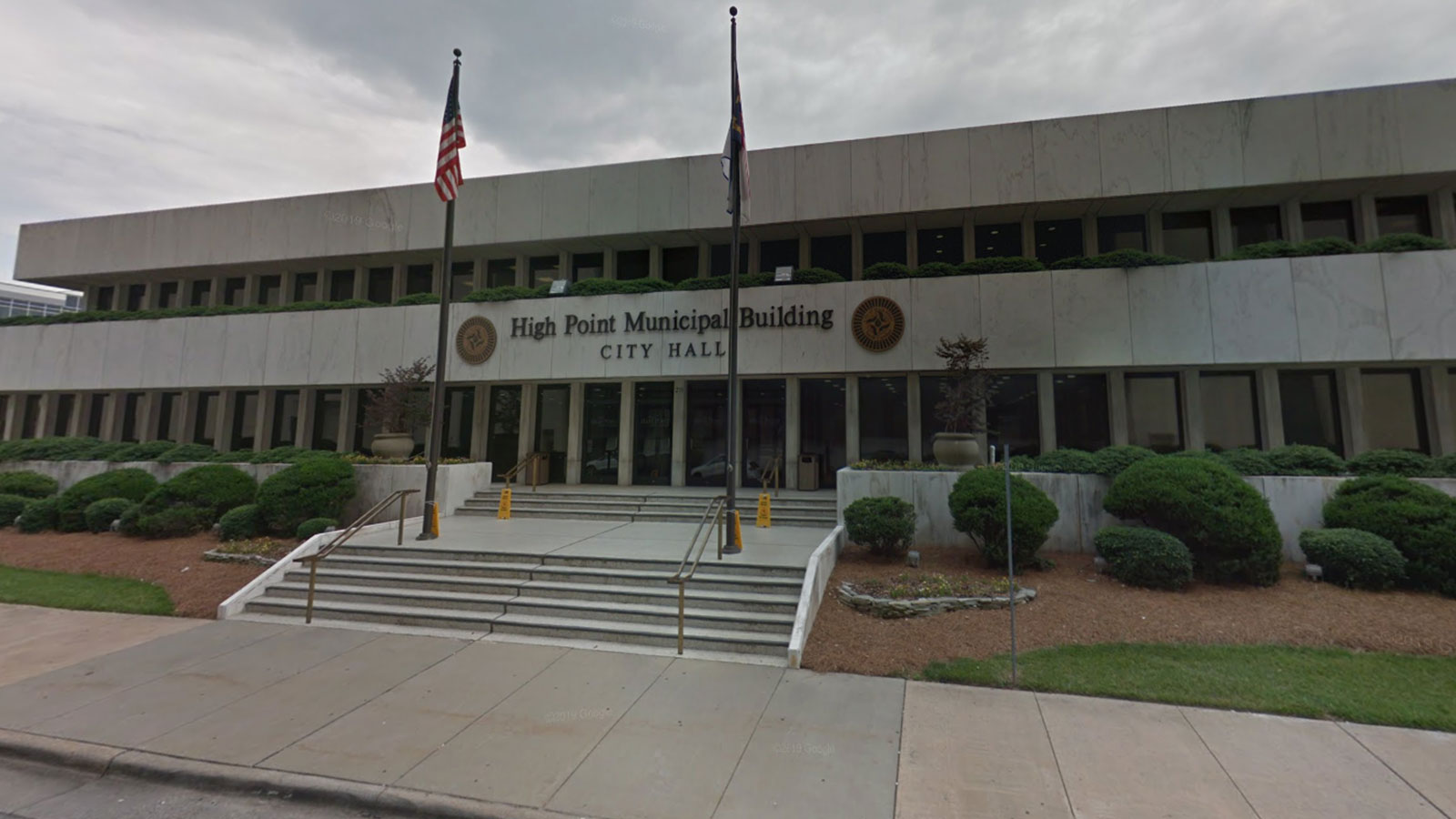By Pat Kimbrough, The High Point Enterprise, N.C. —
The One High Point Commission on Thursday brought its work to substantial completion by unanimously adopting its “Reparations and Reconciliation Report.”
The 245-page document, based on the research of city-commissioned academic experts, recommends that the city enact policy changes across several areas to address racial disparities that have resulted from past discrimination.
The report will next go to the City Council, which will consider it for adoption Sept. 18.
Among its historical findings:
—The city’s former public school system “deliberately and continuously underfunded segregated Black schools and underpaid Black teachers and staff.”
—Federal “Urban Renewal” and “Model Cities” programs of the mid-20th century helped create “concentrated areas of poverty and disinvestment in Black neighborhoods.”
—As a result of these and other factors, many of these neighborhoods today continue to lag in levels of educational attainment, health status, housing conditions and wealth disparities.
The report does not call for reparations payments to the descendants of slaves.
It does recommend that the council, as High Point’s governing body, “apologize for city sponsorship and enforcement of racial discrimination against African Americans.”
The report states that “the City of High Point’s own official records confirm that discrimination against African Americans by the city government was common practice. Discrimination occurred in the hiring, compensation, and promotion of municipal employees, as well as in the application of zoning ordinances, permits, licenses and other official business. While the City of High Point does not knowingly engage in practices that are discriminatory, there may be vestiges of racial discrimination embedded in the City’s policies, procedures, and business practices.”
Chairman Joe Alston emphasized that the commission — which was created by the council in February 2022 — focused on reparations for Black residents, but “all will benefit” from the policy proposals in the report.
The document cites several examples from other cities in North Carolina that could serve as models, such as programs to finance affordable housing that are offered by the city of Charlotte.
Other policies are recommended in areas related to economic opportunity and development, health, transportation and education.
Source: The High Point Enterprise, N.C.


